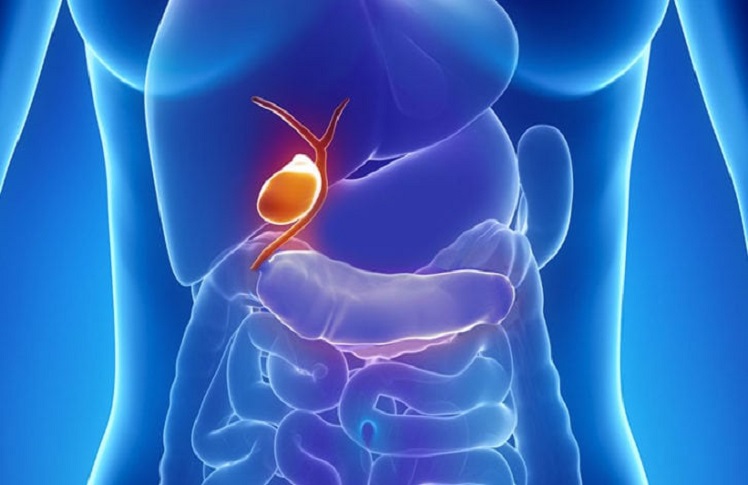
According to a study published in The Lancet Regional Health - Southeast Asia, an artificial intelligence (AI)--based approach improved the diagnostic performance of experienced radiologists in detecting gallbladder cancer in a Chandigarh hospital.
Gallbladder cancer (GBC) is a very aggressive malignancy with poor detection and high mortality. Early diagnosis is difficult, researchers say because benign gallbladder lesions can have similar imaging features.
A team from the Graduate Institute of Medical Education and Research (PGIMER) in Chandigarh and the Indian Institute of Technology (IIT) in New Delhi aimed to develop and validate a deep learning (DL) model for GBC detection in abdominal ultrasound and compare. its performance with radiologists.
Deep learning is an artificial intelligence method that teaches computers to process data in a way inspired by the human brain. The study used abdominal ultrasound data from patients admitted to the tertiary care hospital PGIMER between August 2019 and June 2021.
The deep learning (DL) model was trained on a dataset of 233 patients, validated on 59 patients, and tested on 273 patients.
The performance of the DL model was evaluated based on sensitivity, specificity, and receiver operating curve (AUC), which are widely used to measure the accuracy of diagnostic tests.
Ultrasound images were also independently reviewed by two radiologists and their diagnostic performance was compared with the DL model.
In the test set, the DL model had a sensitivity of 92.3 percent, a specificity of 74.4 percent, and an AUC of 0.887 for detecting GBC, which was comparable to both radiologists, according to the study. According to the researchers, the DL-based approach showed high sensitivity and AUC for detecting GBC in stones contracted gallbladder, small lesions (less than 10 mm), and colon lesions, which were also comparable to radiologists.
They said that the DL model showed greater sensitivity than a single radiologist in detecting the type of GBC wall thickening.
"The DL-based approach demonstrated the diagnostic performance of experienced radiologists in the detection of GBC by ultrasound," concluded the study authors.
"Further multicenter studies are recommended to fully explore the potential of DL-based GBC diagnosis," they added.
The authors acknowledged some limitations of the study. The results are based on data from a single center and multicenter studies are needed for wider validation.
They added that the trial's data submission deadline is 2021, and further developments in DL and GBC diagnoses may not be reflected.
Leave a comment: (Your email will not be published)